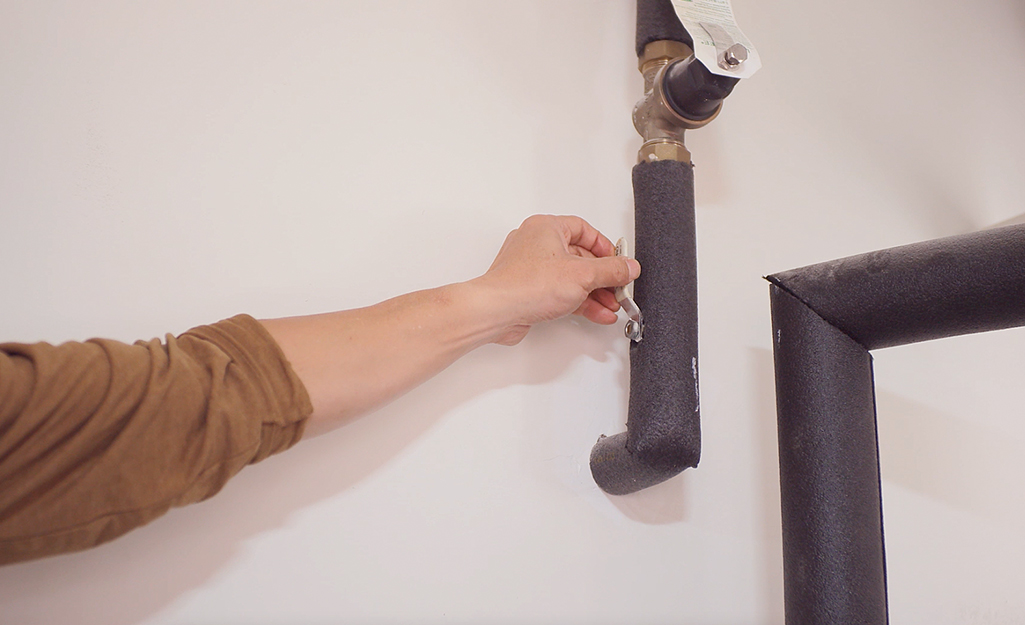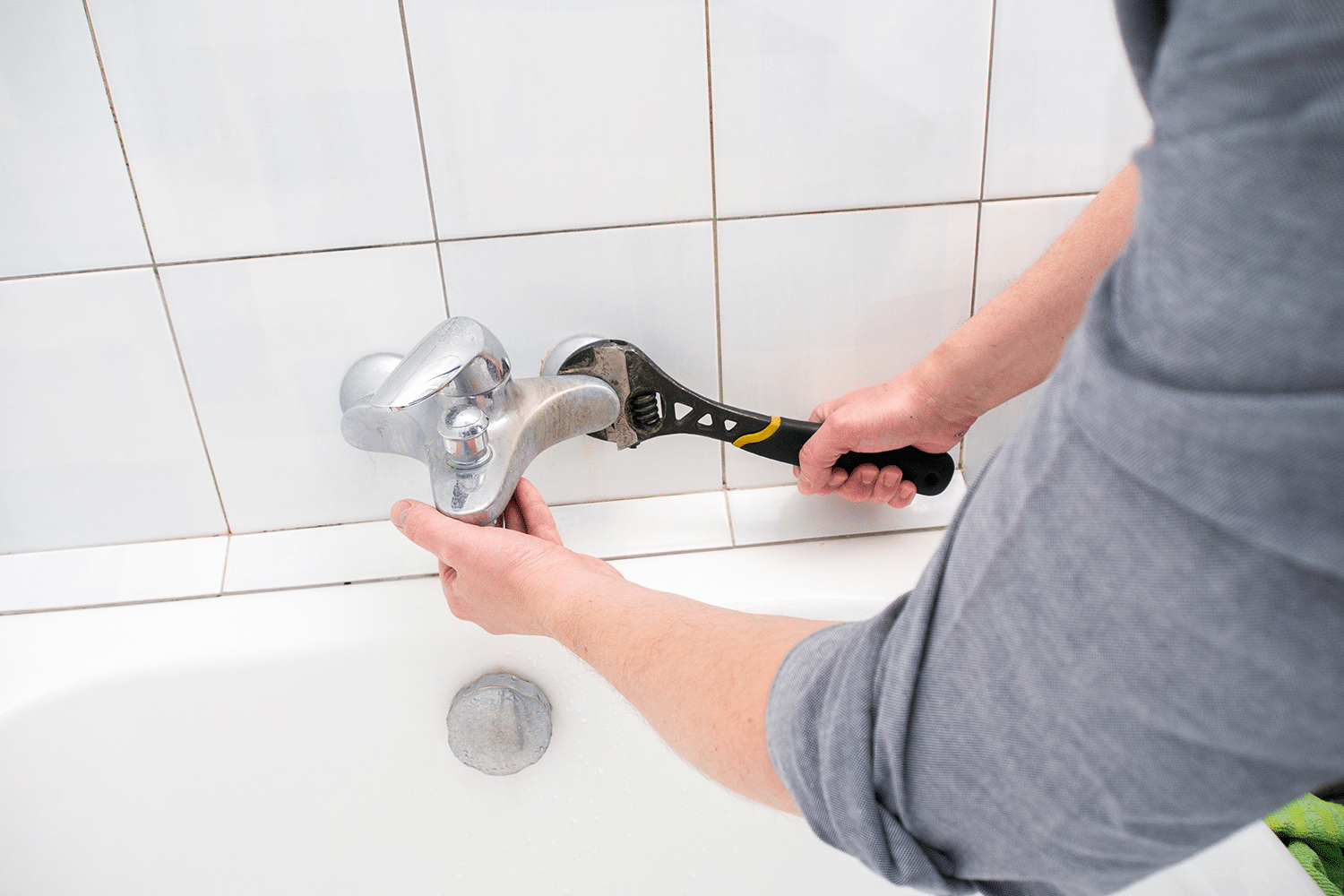Why It's Important to Repair a Malfunctioning Faucet
Why It's Important to Repair a Malfunctioning Faucet
Blog Article
This great article which follows about What Causes Leaky Faucets & How To Fix Them is incredibly enlightening. Don't skip it.

Dripping faucets could look like a minor inconvenience, however their influence goes beyond just the aggravation of the sound. From drainage to sustaining unneeded financial expenses and health and wellness threats, ignoring a leaking tap can bring about various effects. In this article, we'll explore why it's vital to resolve this common home problem without delay and efficiently.
Waste of Water
Ecological Influence
Trickling faucets contribute considerably to water waste. According to the Epa (EPA), a solitary faucet leaking at one drip per second can lose greater than 3,000 gallons of water annually. This not just pressures water sources yet likewise impacts environments and wildlife based on them.
Financial Expenses
Boosted Water Expenses
Beyond the environmental effect, leaking faucets can pump up water expenses significantly. The collected wastefulness over time translates into greater energy expenditures, which might have been prevented with timely repair work.
Potential Home Damage
Moreover, long term trickling can cause damage to fixtures and surfaces bordering the tap. Water accumulation can cause staining, deterioration, and even architectural concerns if left ignored, resulting in additional fixing expenses.
Health and wellness Issues
Mold and Mold Growth
The consistent existence of moisture from a trickling tap creates an ideal setting for mold and mold development. These fungi not just jeopardize interior air high quality yet likewise pose wellness dangers, particularly for people with respiratory problems or allergies.
Waterborne Conditions
Stagnant water in leaking faucets can end up being a breeding place for germs and various other microorganisms, increasing the threat of waterborne diseases. Impurities such as Legionella microorganisms flourish in stationary water, potentially bring about significant ailments when consumed or breathed in.
DIY vs. Professional Fixing
Advantages and disadvantages of DIY Repair Service
While some may try to fix a leaking tap themselves, DIY fixings come with their very own set of difficulties. Without proper understanding and devices, do it yourself attempts can aggravate the problem or lead to insufficient fixings, prolonging the issue.
Benefits of Working With an Expert Plumber
Working with a professional plumber makes sure that the underlying cause of the leaking faucet is attended to efficiently. Plumbing professionals possess the knowledge and equipment to detect and fix tap problems effectively, saving time and minimizing the danger of more damages.
Step-by-Step Guide to Dealing With a Dripping Tap
Devices Called for
Prior to attempting to deal with a trickling tap, collect the required tools, including a flexible wrench, screwdrivers, substitute components (such as washing machines or cartridges), and plumber's tape.
Common Tap Issues and Their Solutions
Identify the kind of tap and the particular problem creating the drip. Common problems include worn-out washers, corroded valve seats, or faulty O-rings. Describe supplier guidelines or on-line tutorials for detailed advice on fixings.
Safety nets
Routine Maintenance Tips
To prevent dripping faucets, perform regular maintenance such as cleaning aerators, examining for leaks, and replacing damaged components immediately. Furthermore, think about installing water-saving devices or updating to a lot more efficient components.
Value of Prompt Fixes
Dealing with dripping taps as soon as they're noticed prevents more water waste and potential damages, eventually conserving both water and cash in the future.
Impact on Property Value
Perception of Well-Maintained Residential Property
Keeping a residential property in good condition, including addressing upkeep issues like dripping taps, boosts its perceived value and charm among potential customers or tenants.
Impact on Resale Value
Properties with well-kept plumbing fixtures, including taps, command greater resale worths in the property market. Addressing leaking taps can contribute to a positive perception throughout residential property evaluations and settlements.
Environmental Obligation
Individual Contribution to Conservation
Taking responsibility for dealing with dripping taps straightens with wider initiatives toward water conservation and ecological sustainability. Every person's activities collectively make a considerable influence on maintaining precious resources.
Lasting Living Practices
By prioritizing timely repair services and taking on water-saving habits, individuals contribute to lasting living techniques that profit both existing and future generations.
Conclusion
Attending to a trickling tap goes beyond simple comfort; it's an essential step toward saving water, minimizing economic prices, and guarding health and home. Whether with do it yourself fixings or specialist aid, taking action to repair dripping faucets is a small yet impactful way to promote responsible stewardship of resources and contribute to a healthier, more lasting future.
How to Fix a Dripping or Leaky Faucet
A leaking faucet is one of the most common problems that homeowners encounter, but it being commonplace doesn’t make it any less annoying. The constant drip drip drip of a leaking bathtub faucet, showerhead, or sink tap can disturb your home’s serenity. Left neglected, a dripping faucet can also result in higher water bills and discoloration or mold growth in your sink or plumbing fixtures.
Fortunately, you don’t have to be a trained plumber to know how to stop a dripping faucet. With some basic tools, replacement parts, and a little patience, leaky faucet repair is a breeze. In this article, we’ll explain what causes dripping faucets and how you can fix them.
What Causes a Leaking Faucet?
Kitchen and bathroom faucets come in all manner of designs, but most involve some combination of valves, O-rings, seals, and washers. The O-ring is usually the weakest link, but any one of these pieces can wear down over time. Heat, moisture, temperature fluctuations, minerals, mold, and movement can contribute to warping and corrosion, breaking the watertight seal. This just comes with the territory of being a homeowner. Everything is always subject to wear and tear, and some component parts of your appliances and fixtures need to be replaced on occasion. At least replacement O-rings are cheap!
More rarely, dripping faucets can be a symptom of excessively high water pressure. Were this the case in your home, you would probably notice that the leak is not isolated to one faucet. Water pressure issues are harder to resolve on your own. We recommend contacting a professional plumber if you suspect your water pressure is too high.
How to Fix a Dripping Faucet
Pipe wrench or monkey wrench Allen wrench set Screwdrivers Old towel or rag Shut off the water.
Before you do anything, you need to turn off the water to keep from drenching your kitchen or bathroom. You should find a valve under the sink and against the wall. Once you’ve turned this valve, try turning the faucet on to confirm that the water source has been cut off.
If you can’t locate your local valve for the faucet you’re working on, you can always shut off the water to the house at the main valve. Of course, this will prohibit anyone from using the sinks, showers, or toilets while you’re working on the faucet that’s giving you trouble.
Plug or block the drain.
You’ll be disassembling the faucet and removing some small bits of hardware. Plug the drain with a stopper or rag to avoid the possibility of a small screw falling into your P-trap.
Take apart the faucet assembly.
There are several varieties of kitchen and bathroom faucets, each with its own manner of assembly. For detailed instructions on how to disassemble your faucet, you can refer to the fixture’s manual or contact the manufacturer. If you know whether you have a ball, disc, cartridge, or compression faucet, you can find detailed schematics online.
In general, you need to begin by removing the faucet handles. You might notice a small screw that you’ll need to remove with a screwdriver or Allen wrench. If you don’t see any visible securing hardware, it’s likely hidden under a decorative cap that can be unscrewed or popped off with flathead screwdriver.
Remove each piece methodically, consulting a schematic when necessary. Take notes or arrange the pieces in such a way to make it easier to correctly reassemble the faucet later.
Remove the cartridge.
Once you’ve removed the handles and securing hardware, you should be able to remove the valve cartridge or stem. Some cartridges will slide right out. Other faucet models will require you to loosen a nut with a pipe wrench before you can remove the valve stem.
Examine the exposed hardware.
With the cartridge or stem removed, inspect the component parts. Check the rubber O-rings for wear and tear. Also examine the seat washer for corrosion or other damage. These pieces are usually the responsible parties for a dripping faucet, but it’s worth inspecting the other component parts while you have the faucet disassembled.
Find replacement parts.
Once you’ve identified which faucet component has failed, find an identical replacement. Your local hardware store should have O-rings, seat washers, and other standard components in stock. If you have a luxury or uncommon faucet, you may have to contact the manufacturer for a replacement part.
It’s a good idea to take your old parts with you to the hardware store so you can compare them with the store’s inventory and be sure you’re purchasing the correct replacement.
Reassemble the faucet.
With your new parts in hand, reconstruct the faucet and handles. Don’t be tempted to overtighten screws or nuts. You might think this could create a better seal, but it can instead damage or bend a delicate part of the assembly and create a new problem for you.
Turn on the water and test the faucet.
The only thing left to do is test your work. Unplug the sink, turn the water back on, and try the faucet. Congratulate yourself on a job well done!
https://www.libertyhomeguard.com/how-to-fix-a-dripping-or-leaky-faucet/

I hope you enjoyed reading our piece on Why It's Important to Fix Leaky Faucets. Many thanks for spending some time to read through our post. Those who appreciated our page plz do not forget to pass it around. I praise you for being here. Kindly pay a visit to our site back soon.
Report this page